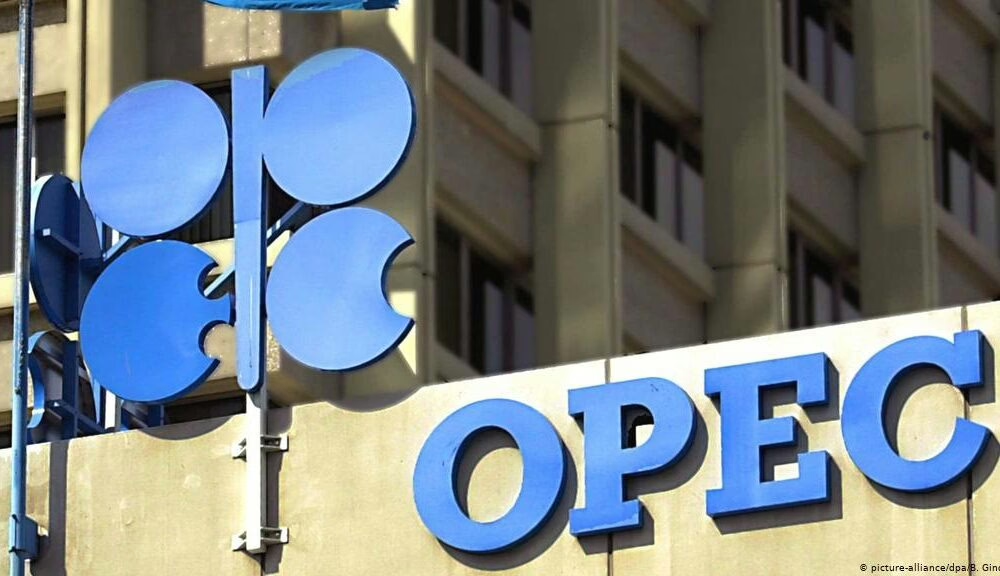Nigeria’s crude oil output dropped by 38,102 barrels per day in March, translating to a cumulative loss of about 1,181,162 barrels in the month under review, and signalled the first plunge in oil production since the last seven months.
Industry data obtained in Abuja on Monday showed that Nigeria’s oil production had been on the rise since September 2022, following concerted efforts by the Federal Government and stakeholders to curb oil theft in the sector.
The rise in oil output was, however, not sustained in March, as latest figures from the Nigeria Upstream Petroleum Regulatory Commission indicated that while the country pumped 1,306,304 barrels of crude daily in February, the volume dropped to 1,268,202 barrels per day in March.
This indicated a decrease of 38,102 barrels daily, which implies that Nigeria lost a total of about 1,181,162 barrels of crude in March.
In monetary terms, data from Country Economy, a global statistical firm, showed that the average cost of Brent, the international benchmark for oil, in March 2023, was $78.43/barrel.
Therefore by losing 1,181,162 barrels in March, Nigeria failed to earn a total of $92,638,535.66 (N42.71bn at the official exchange rate of N461/$), during the period under review.
Nigeria recorded its lowest oil production volume of 0.937 million barrels per day in September 2022. The Federal Government and oil sector players blamed this on the massive crude theft in Nigeria’s oil rich Niger Delta.
The situation also led to humongous revenue losses for the country, international oil companies operating in NIgeria, as well as indigenous operators in the industry.
But the country’s oil output started improving after September, following concerted efforts by security officials and oil operators, as industry figures showed that crude production rose to 1.014 million barrels per day in October.
This indicated an increase of 0.077mbpd when compared to the 0.937mbpd output in September. In November, the country pumped 1.185mbpd crude, representing an increase of 0.171mbpd when matched against what was produced in October.
The rise in output continued in December last year, as Nigeria produced 1.253mbpd in that month, indicating an increase of 0.05mbpd when compared to its output in November.
The 1.258mbpd oil production in January 2023 was about 23,000bpd higher than the 1.235mbpd crude oil output in December 2022.
The momentum was sustained in February, with an output of 1.31mbpd. But the volume dropped to 1.27mbpd in March, putting an end to the seven-month run in Nigeria’s oil output.
The country targets to meet the 1.8mbpd quota approved for it by the Organisation of Petroleum Exporting Countries. Nigeria generates bulk of its foreign exchange from crude oil and gas sales.
The Federal Government, since last year, intensified efforts to shore-up Nigeria’s crude oil production and reduce its theft by vandals and thieves.
“Admittedly, one major area of value erosion in the industry is the menace of crude oil theft. Our records indicate that the menace of oil theft has negatively impacted the oil and gas sector for about two decades with attendant huge financial losses to our nation,” the Chief Executive, NUPRC, Gbenga Komolafe, stated recently.
He said the commission, in collaboration with the various arms of the security forces, the Nigerian National Petroleum Company Limited and the host communities, had been able to suppress the ugly trend of hydrocarbon value decimation.
“Now, our nation has continued to record good dividends of these collaborative efforts as production figures are progressively increasing. The January 2023 volume is approximately 1.5 million barrels per day of oil and condensates.
“It is expected that this number will continue to increase as further measures are introduced and sustained to remove all illegal connections that aid crude oil theft,” the NUPRC boss stated.











